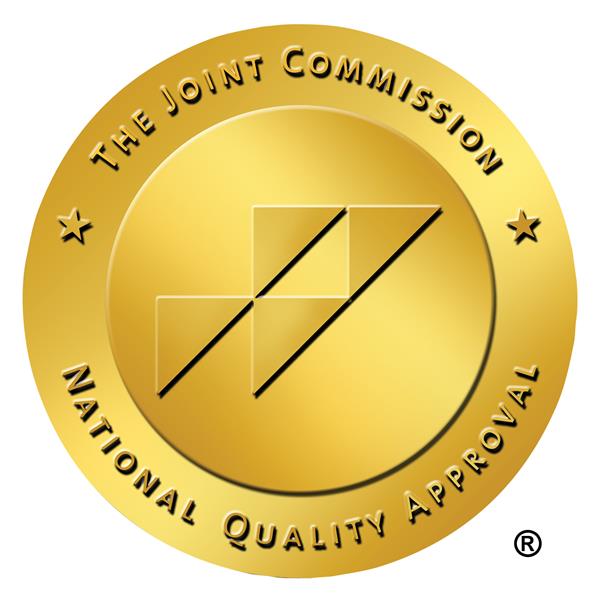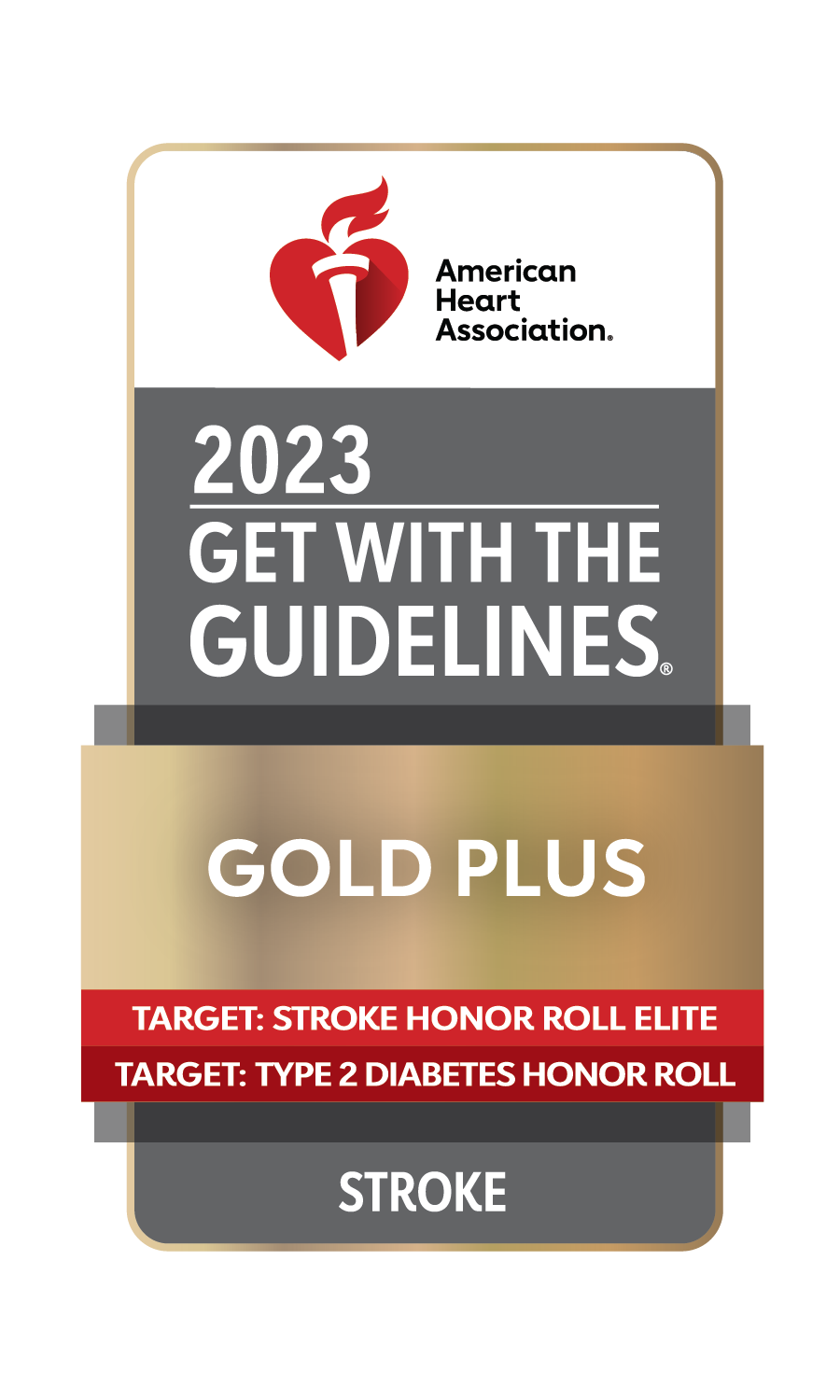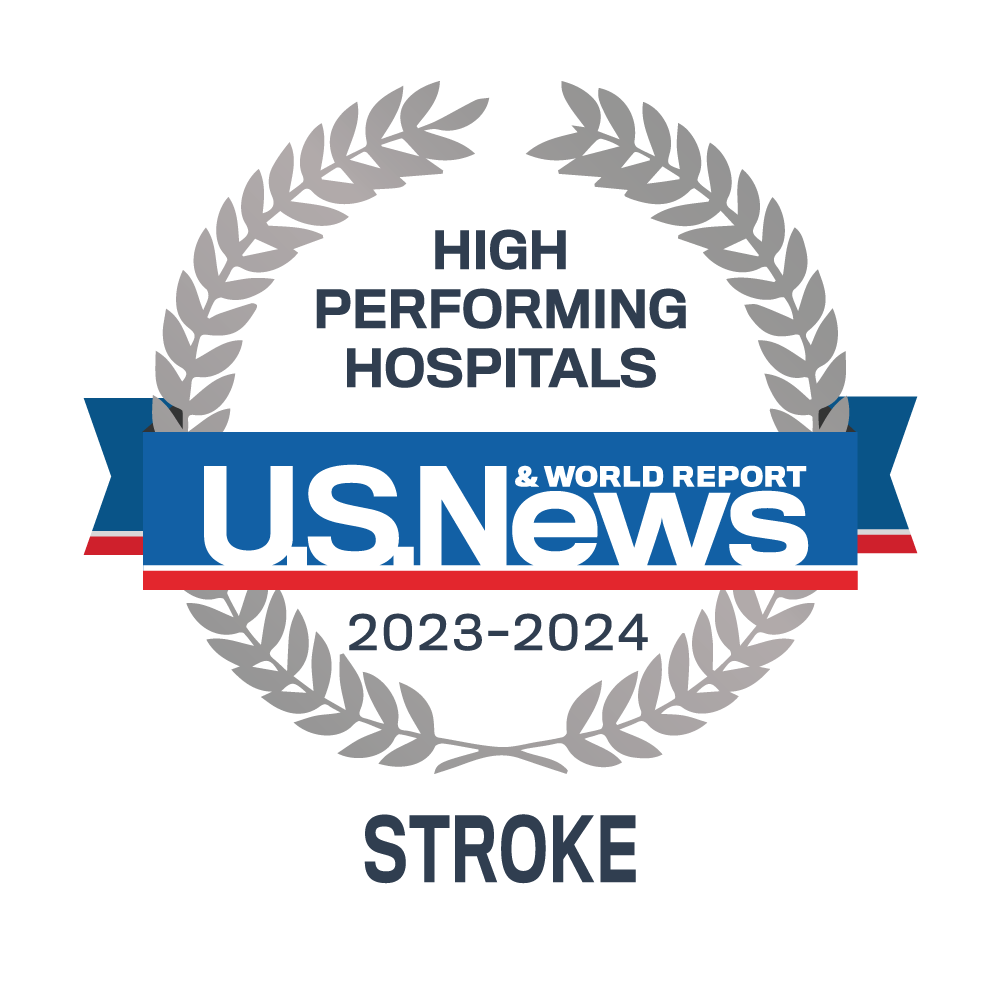Learn the signs and what to do in a stroke emergency
May is National Stroke Awareness Month. Strokes are the leading cause of disability and the number five cause of death in the United States. While a stroke is a life-altering event, most strokes – about 80%! – are preventable.
A stroke occurs when a blood vessel that carries oxygen and nutrients to the brain is either blocked or bursts, disrupting crucial blood flow and leading to brain cell death. There are multiple types of strokes, including ischemic stroke, hemorrhagic stroke, and transient ischemic attack (TIA).
Are there different types of strokes? What kinds of strokes are there?
Ischemic Stroke
An ischemic stroke occurs when a blood vessel is obstructed, usually by a blood clot. More than 690,000 strokes a year in the U.S. are due to clotting, technically known as thromboembolism. There are two main sources of these clots:
- Clots form in the heart by an irregular heart rhythm (especially atrial fibrillation), a hole inside the heart (patent foramen ovale or PFO), or severe heart failure in which the heart’s ejection fraction (a measure of how well the heart pumps blood) is less than 30%.
- Clots form because the blood is too prone to clotting. This can be caused by multiple things such as artificial hormone replacement, cancer, blood disorders, or COVID.
Hemorrhagic Stroke
Hemorrhagic strokes make up 13% of all strokes. These strokes occur when a blood vessel ruptures and bleeds into the surrounding brain. The two types of hemorrhagic strokes are:
- ICH-intracranial hemorrhage (within the brain) or
- SAH-subarachnoid hemorrhage (between the inner and outer layers of the tissue covering the brain).
The most common cause of ICH is chronic high blood pressure, and the most common cause of SAH is aneurysm rupture. Malformed blood vessels and certain kinds of injuries can also cause hemorrhagic strokes.
Transient Ischemic Stroke (TIA)
A transient ischemic stroke can be thought of as a warning stroke. It is a temporary blockage of blood flow to the brain and the clot usually dissolves on its own or gets dislodged.
Symptoms typically last less than five minutes. A transient ischemic attack looks like and acts like a stroke because it is caused by the same things as an ischemic stroke, but is resolved by the body before any permanent damage is done. While a TIA doesn’t cause permanent damage, it can be a sign that you will have an actual stroke. Even if your symptoms go away, seek medical help immediately.
Am I at risk of having a stroke? What can I do to prevent a stroke from occurring?
Most strokes are preventable through controllable factors in our lives. However, some risk factors are hereditary. Assessing your stroke risk level can help you, and your primary care provider, determine your risk of experiencing a stroke in the future.
Controllable risk factors include:
|
|
Uncontrollable:
- Age - While strokes can happen at any age, the risk of stroke increases as we get older and it becomes harder for the heart to pump blood. While exercise will not eradicate your risk of stroke due to the natural aging process, cardio exercise can help keep your heart strong during later years in life.
- Race - African Americans and Native American Indians have a higher risk of death from a stroke due to disparities in health care (including but not limited to: lack of access to healthcare, medications, fresh fruits and vegetables, etc.), because these factors are socioeconomic, these risk factors are not considered genetic predispositions to having an increased risk of stroke. However, Japanese and Finnish people are more likely to have hemorrhagic strokes, which is believed to be due to a genetic predisposition.
- Family History - If you have a family member who has had a stroke, you are at a greater risk.
- Gender - Men have more strokes than women (55% compared to 45%). However, it has been found that women are more likely to delay coming in for evaluation within the treatment window.
- Prior stroke or heart attack - An individual who has had a stroke is 25-30% more likely to have another stroke. 1 out of every 4 strokes annually are repeat strokes.
What do I do if I think someone is having a stroke?
Immediate treatment may minimize long-term effects and prevent death. If you or someone you know is experiencing stroke symptoms call 911 immediately. Most stroke survivors are often unaware they are having a stroke and are reliant on others to recognize the symptoms and call for help.
You need to know:
- A minimum of 2 million irreplaceable brain cells die every minute you are having a stroke.
- Every 15-minute delay in intervention can increase disability by 10%.
- 1 in 4 stroke survivors will experience another stroke in their lifetime.
If you have suffered from a stroke before or if you have any other risk factors, it is important to be aware of the signs and symptoms and to make your friends and family aware so they recognize if you are having a stroke. The acronym below is a great way to recognize a stroke and take action:
BE F.A.S.T.
Balance: Does the person have a sudden loss of balance or coordination?
Eyes: Is the person experiencing double vision or are they unable to see out of one eye?
Face: Is one side of the face drooping? Ask the person to smile.
Arm: Does one arm drift downward? Have the person raise both arms.
Speech: Is he/she slurring their speech or having difficulty getting the words out right? Have the person repeat a simple phrase.
Time: It is time to act. Call 911 and get the person to a certified stroke center immediately.
What do I do if I think Someone is Having or has Had a Stroke?
St. Mary’s provides emergency interventions for both ischemic and hemorrhagic stroke. This includes both medications and surgical interventions. From your first arrival and assessment through the workup to determine the cause of your stroke and therapy to support your return to functionality, St. Mary’s is here to support our patients and their families.
 |
We are proud to be the first hospital in Georgia to be certified by The Joint Commission as a Thrombectomy-Capable Stroke Center. This means our team is available 24/7 to remove the large-vessel blood clots that cause some of the most severe strokes. This certification is the culmination of nearly two decades of commitment to enhancing stroke care, beginning with our 2004 Joint Commission certification as one of the first 20 Primary Stroke Centers in the United States. |
|
St. Mary’s Hospital in Athens has been named by U.S. News & World Report to its 2023-2024 Best Hospitals as a high-performing hospital for the care of patients with stroke. This is the highest distinction a hospital can earn for U.S. News’ Best Hospitals Procedures & Conditions ratings. |
|
 |
St. Mary’s rural hospitals – Sacred Heart Hospital in Lavonia and Good Samaritan Hospital in Greensboro – can provide rapid diagnostics and clot-busting drug treatment. Like St. Mary’s in Athens, Sacred Heart has achieved the American Heart Association/American Stroke Association’s 2023 Get With the Guidelines® - Stroke Gold-Plus quality achievement award. And Good Samaritan Hospital was recognized as Georgia’s first remote treatment stroke center. |
Are there any support groups for stroke survivors?
In addition to St. Mary’s stroke care and treatment, we also provide a stroke support group for stroke survivors, their caregivers, and others interested in learning about stroke. Each meeting includes an informational presentation plus time for participants to share their own experiences in a confidential and supportive group environment. The support group meets from 11:30 am - 12:30 pm in St. Mary’s Hospital Lobby Conference Room.
Preventative services at St. Mary’s
Prevention is the best medicine. St. Mary's Medical Group offers compassionate, high-quality primary care providers who can help you reduce your risk of stroke and live your healthiest life. We are here for you when you need specialized care: ·
Primary Care Providers – Your partner in wellness and preventive care. Same-day appointments are available with many of our medical group PCPs.
St. Mary's Neurological Specialists - (706) 310-1859
Georgia Neurological Surgery & Comprehensive Spine - (706) 548-6881


